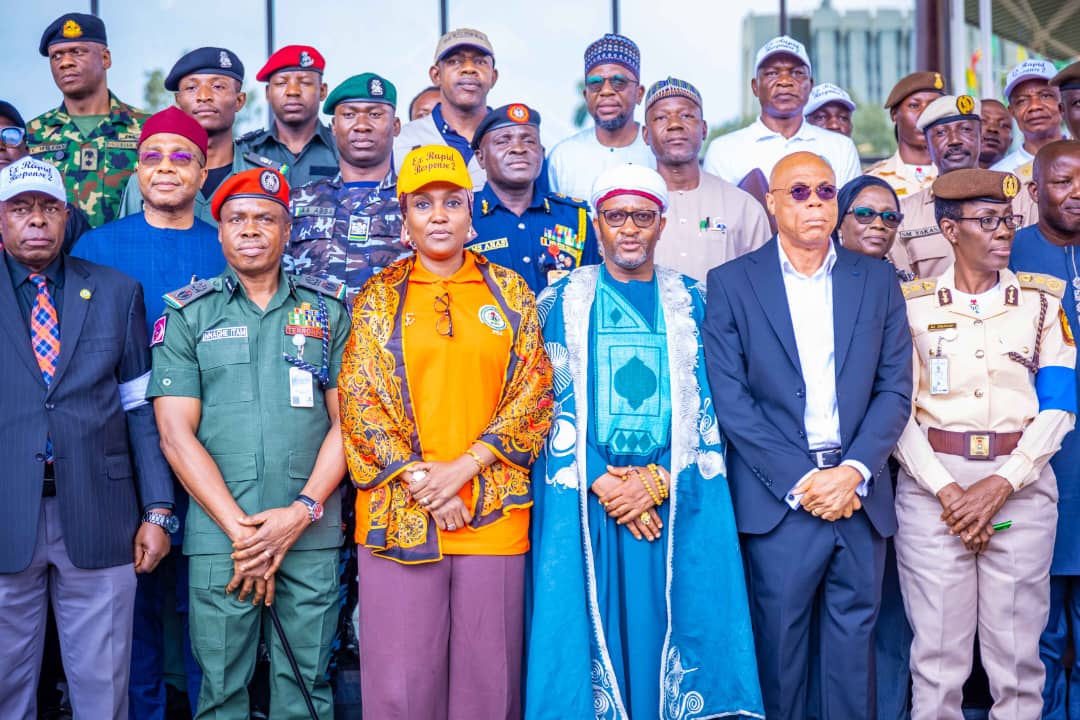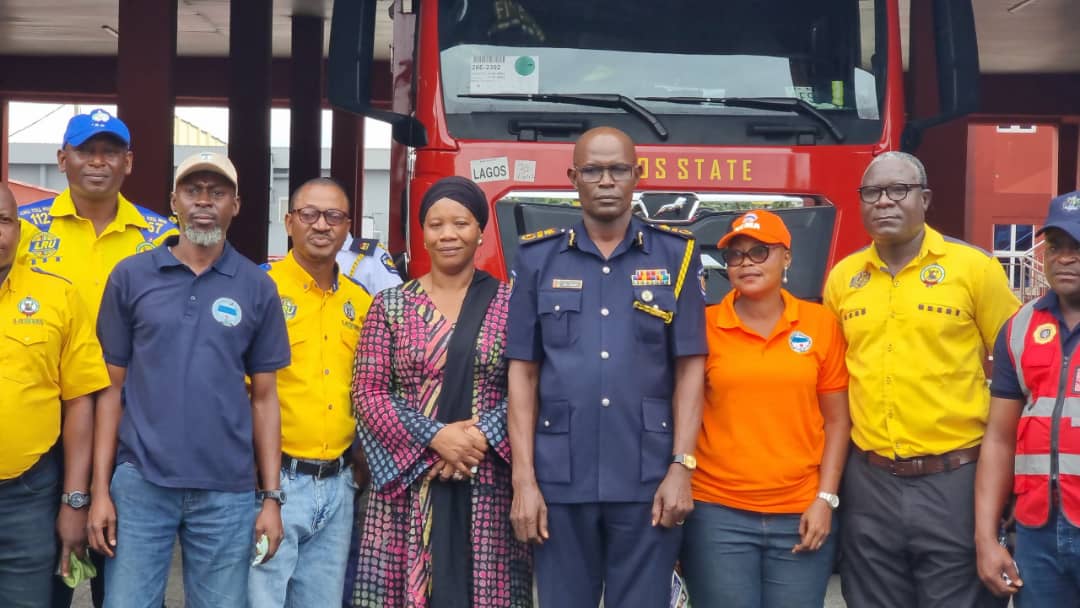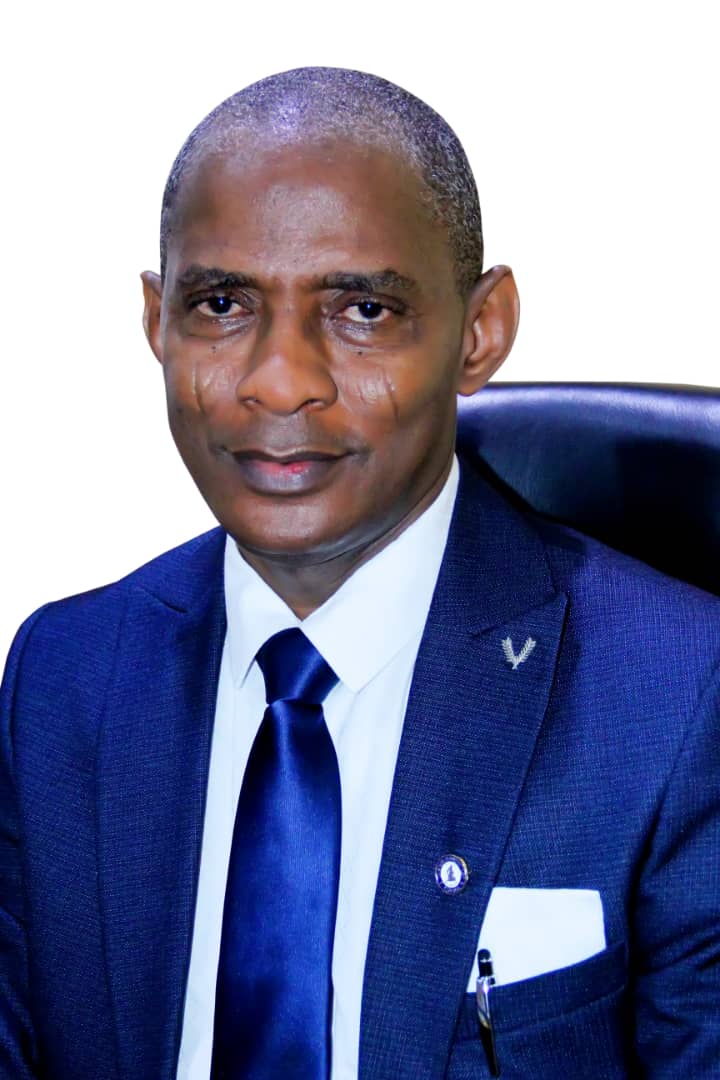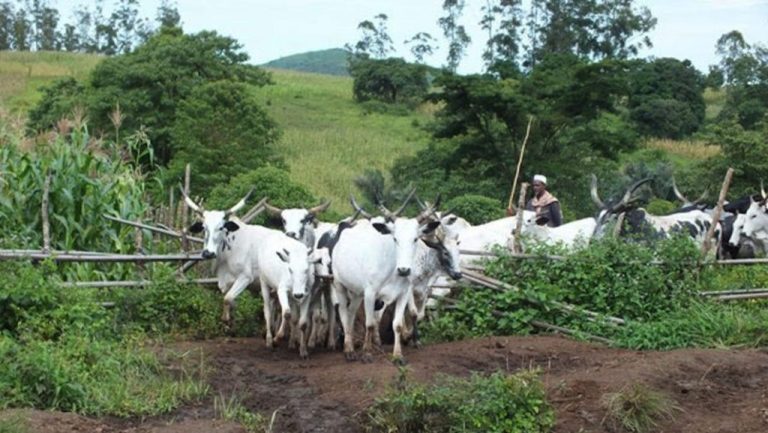Constitution Review: Rep Receives Pleas on State Creation, Mineral Rights, Electoral Reforms in Calabar
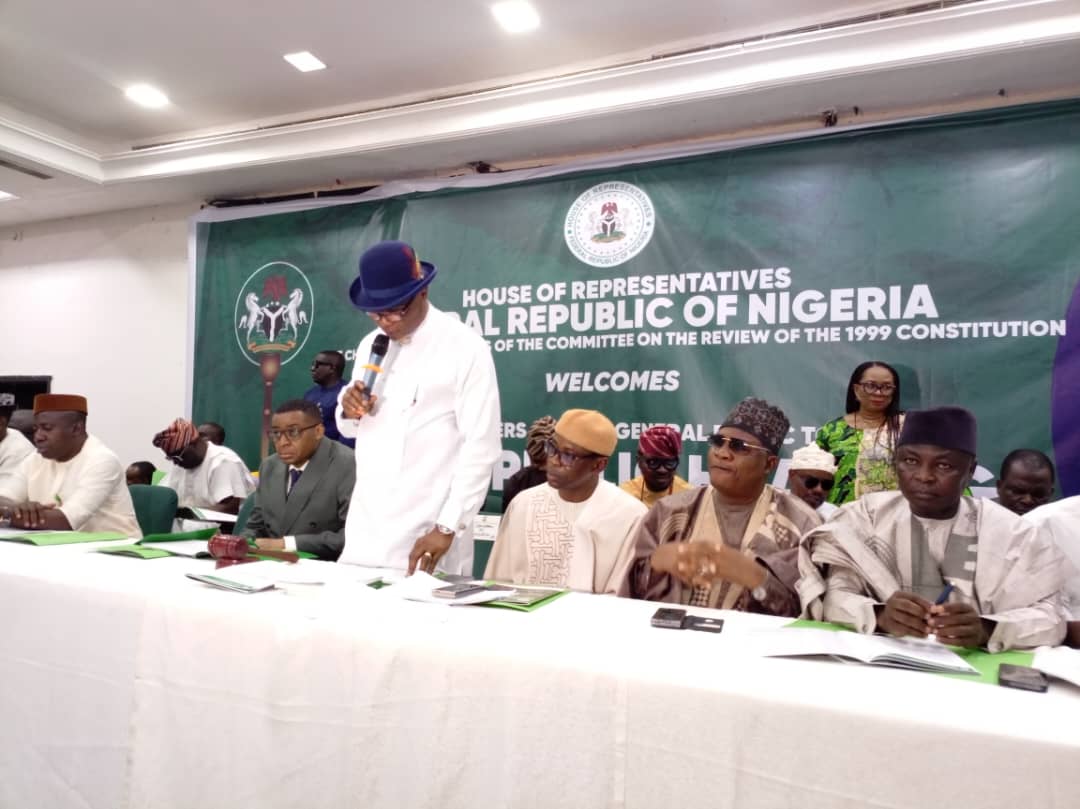
The House of Representatives Ad Hoc Committee on the Review of the 1999 Constitution has commenced its South-South Zonal public hearing in Calabar, Cross River State, as part of the nationwide constitution amendment process.
Led by the Minority Leader of the House, Rt. Hon. Kingsley Chinda, the committee is conducting the exercise in line with the House’s resolution to consult widely and gather input from Nigerians across all geopolitical zones. While Zone B (Edo, Delta, and Bayelsa) is holding its session in Yenagoa, Zone A comprising Rivers, Akwa Ibom, and Cross River States converged in Calabar.
Upon arrival in Calabar, the committee paid a courtesy visit to the Obong of Calabar, His Eminence Edidem Ekpo Okon Abasi Otu V. The monarch urged the lawmakers to ensure justice and fairness in addressing the yearnings of Nigerians, while pledging to mobilize his subjects to make meaningful submissions.
The delegation also visited the Cross River State Government House, where Deputy Governor Rt. Hon. Peter Odey called for greater decentralization of governance powers, particularly in the area of mineral resource control. He decried the federal government’s exclusive authority over mining rights, arguing that it stifles development at the state and grassroots levels.
At the public hearing, citizens from Rivers, Akwa Ibom, and Cross River states submitted a wide array of memoranda on key constitutional concerns, notably the creation of new states and local governments. Proposed states such as Bori, Ogoja, and Atlantic were presented, alongside demands for the splitting of existing local governments, including Etung, Odukpani, and Akpabuyo in Cross River State.
The Igede people from Benue State advocated for reintegration with their ethnic kin in Cross River and requested inclusion in the proposed Ogoja State, should it be created. Meanwhile, the people of Eastern Obollo, despite internal disagreements, submitted a request for the establishment of Obollo State.
Women’s groups called for the constitutional provision of special legislative seats for women, while civil society organizations demanded far-reaching electoral reforms. These included the unbundling of the Independent National Electoral Commission (INEC), ensuring exhaustion of election-related litigation before swearing-in, and the establishment of dedicated local government election tribunals.
READ ALSO: FG Rallies Nigerians to Tackle Open Defecation, Poor Sanitation to Curb Disease Outbreaks
Other proposals included the creation of the office of Auditor-General for local government areas nationwide, including the Federal Capital Territory. Labour unions and the Nigeria Union of Teachers (NUT) advocated for continued placement on the exclusive legislative list, while judicial workers called for clearer constitutional recognition and protection.
The session in Calabar represents a critical phase in Nigeria’s ongoing efforts to review its foundational legal framework, with the House committee pledging to reflect the will and aspirations of the people in its final recommendations.

